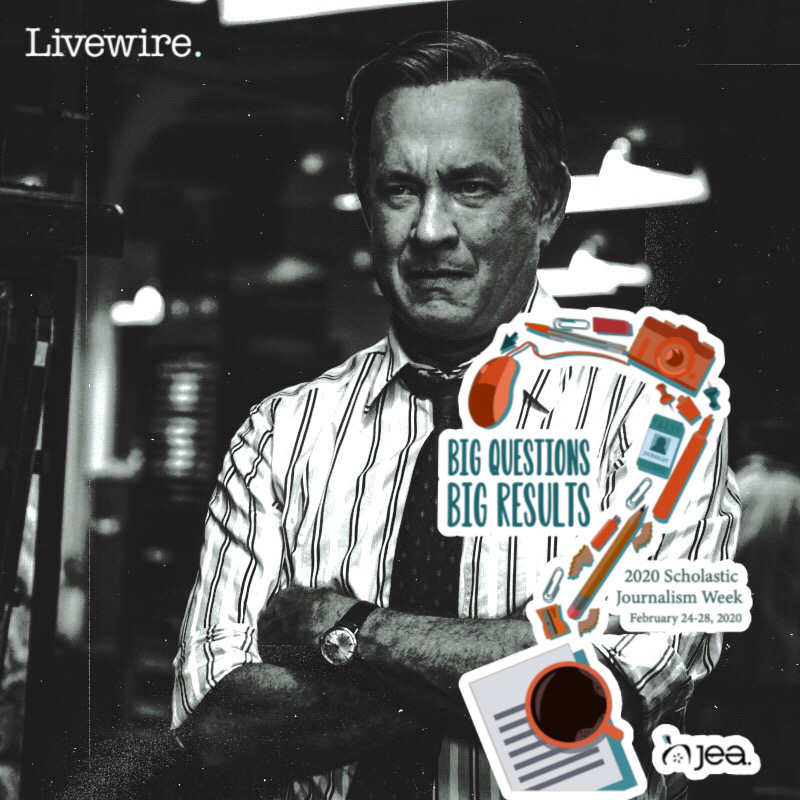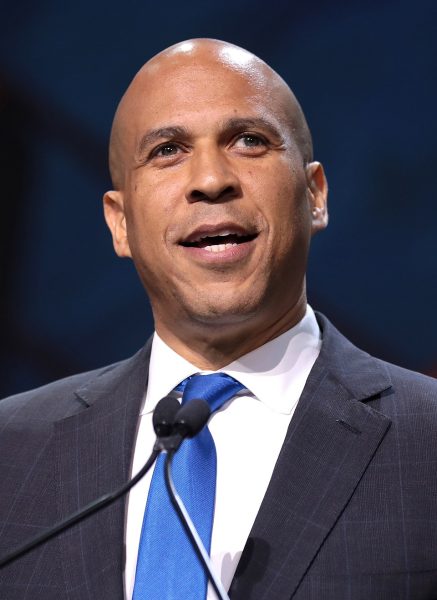SJW Movie Review #2: The Post
In 2017, Steven Speilberg revisited the story of Watergate and created Academy-Award Winning Film, The Post. A movie that identified with unspoken journalists, inspired and motivated to give their anonymous voice a name.
A true representation of journalistic integrity, The Post covers the true story of Washington Post members, Katherine Graham & Ben Bradlee, deciding whether or not they should release new found information on President Richard Nixon’s orchestrated break-in of the pentagon. In search of documents containing Americas alleged involvement in the Vietnam War.
Once word gets out that Nixon’s involvement was in fact true, he ultimately resigned as President of the United States, leaving America in a state of frenzy and turning the media on its axis.
Much like a real journalism student, you tend to consider whether or not the news your covering is worthy enough for the reader’s eye. Especially when topics were as controversial as Watergate. But no journalist forgets what their number one goal in mind is; sharing a strong factual story to the world in hopes of continuing to represent the freedom of speech in which we obtain.
Graham’s consistent struggle with journalistic poise and self belief keeps her on edge the whole movie, but being a journalist means sharing a voice. A voice that the people can gather around and stand with when no one else will speak up.
Bradlee and Graham publishing the Nixon article represents a breakthrough of self identity in realizing that as journalists, our job is to give the people the story they need to hear. Despite the plot covering a series of old outdated events, the movie is accurately inspired by current day events like the Trump Administration bashing the media, despite their own cover-ups.
Needless to say, The Post is an exquisite metaphor for the chaos that is running and operating the journalism room. Yet although it may seem like a heavy load to carry at first, along the way you discover why you were put in the position to write your story and produce it to the world; to educate people on the bigger picture of society and not caring while doing it.










